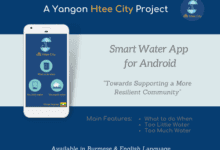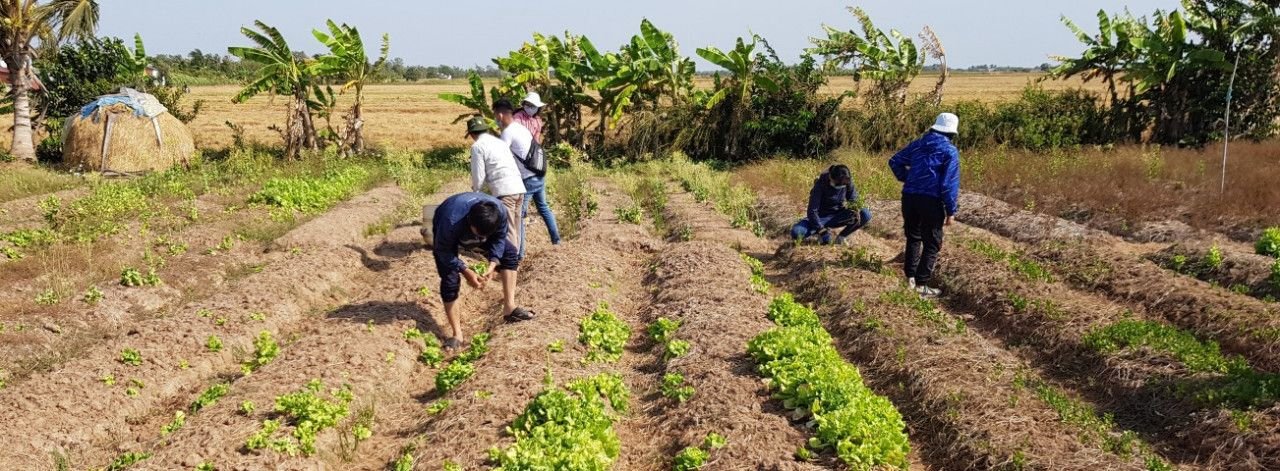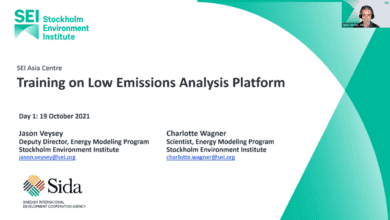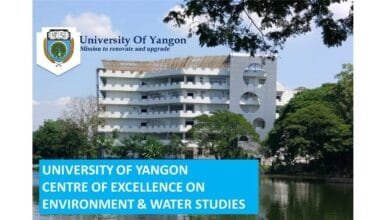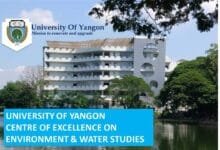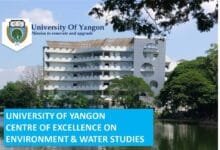
The symposium and technical workshop was focused on ongoing projects and international experiences of adapting the environmental flows concept to Myanmar. In the workshop, concrete options and case studies for implementing environmental flows in Myanmar were conducted. The symposium was held for two days on October 29th and 30th, 2019 at Inya Lake Hotel, Yangon and organized by World Wildlife Fund (WWF) Myanmar. The first introduction of environmental flows has been held in August 15, 2018.
What are e-flows, why does Myanmar need them?
Environmental flows are a central theory of integrated water resources management (IWRM) that water-resource developments should balance exploitation of the river with protection of its natural resources and the ecosystem services as well as livelihoods.
Myanmar started exploring pathways for inclusion of environmental flows in decision making to ensure that environmental flows are part of water management in the rivers, wetlands and estuaries as there currently has no formal policy or legislation for the sustainability of the people, economy and environment.
Key content and outputs for the symposium and technical workshop
- What can be learnt from ongoing e-flow projects and from international experiences
- What are the options for developing national frameworks on policy and technical assessments in Myanmar?
- What are the most interesting questions at potential case study sites?
On the first day’s morning, the symposium was filled with presentations from local and international experience on environmental flows including case studies from Myanmar and other countries around the world.
In the afternoon, Technical Workshop on Policy was held in order to propose and discuss policy options for implementing environmental flows in Myanmar. Considering the Ayeyarwady Basin as part of implementing environmental flows, the discussion was what are the benefits and values and which organizations have a role to play.
On the second day, technical workshop on discussing individual environmental flows determination methods and current active case study areas to make progression e-flows at a river system and sub-basin scale. The group conversation refer to which scale is the first priority whether precautionary water resource planning or site specific projects or both. Furthermore, the constraints that could impact on methods for environmental water assessments has been discussed. The participants also mentioned the limitations from the point of time, capacity and capability, data and knowledge and understanding of ecology, sediment and flow processes. Regarding to project site, participants proposed Mu river, Myintnge river and Bago river in which the participants shared the current stage and impact on social, economic and environmental conditions and available sources for more information to proceed.
This content is written by Thandar from Yangon Technological University


